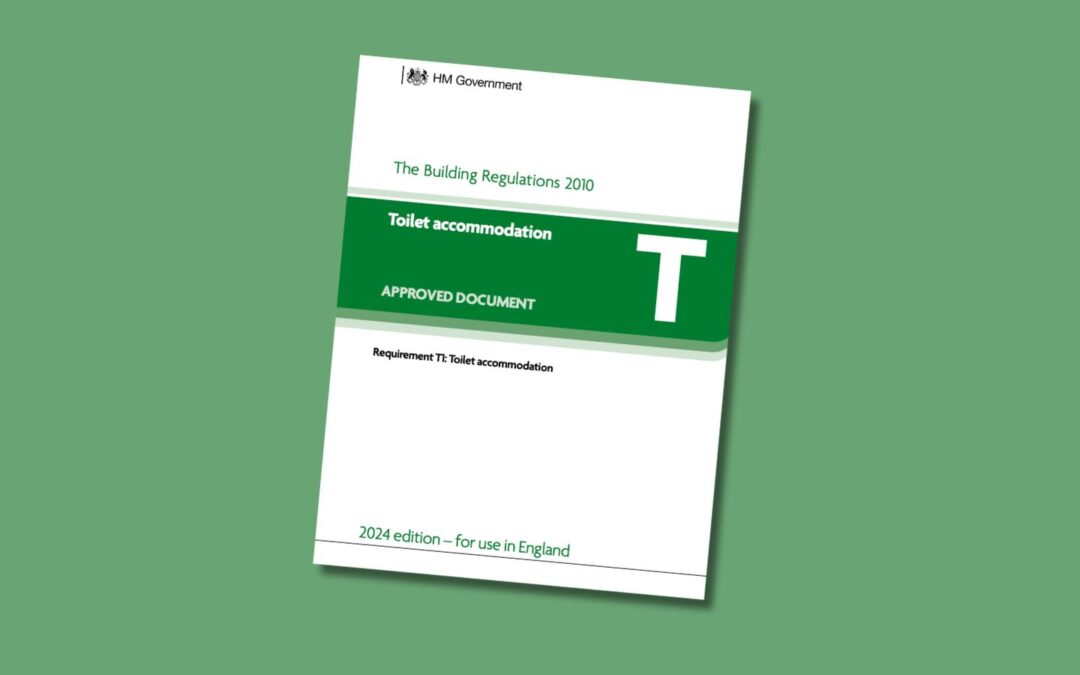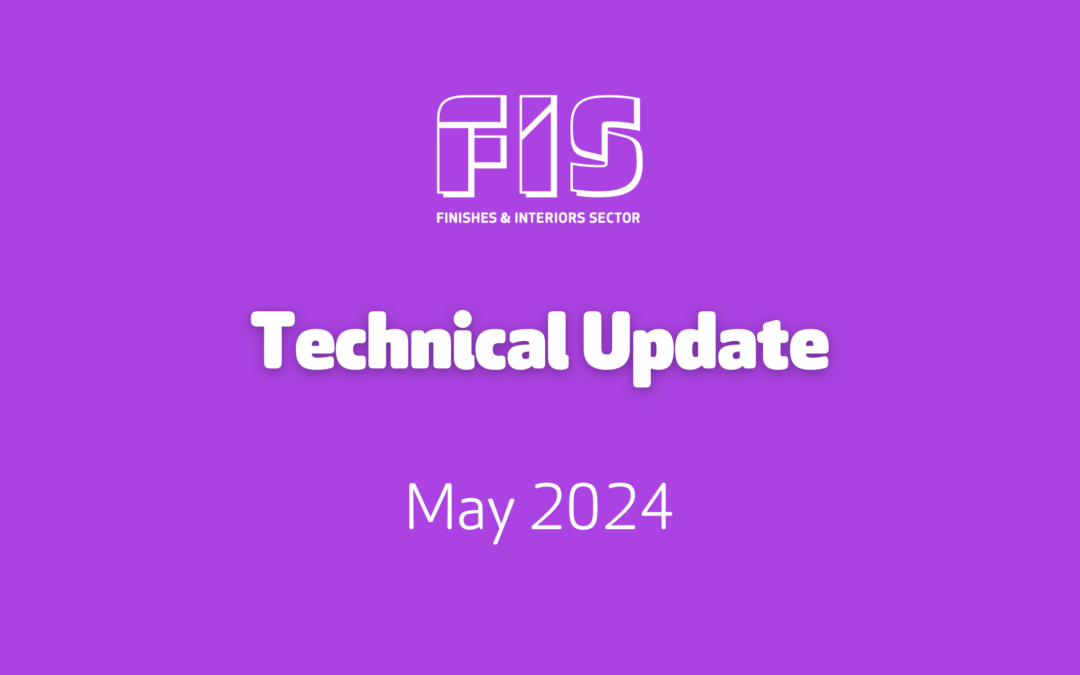
by Oscar Venus | 31 May, 2024 | Main News Feed
In the realm of UK construction, the Design and Build contractual arrangement has emerged as the predominant method, with Specialist Contractors taking on more design responsibilities. This integration of design elements into the overall construction process necessitates Professional Indemnity (PI) insurance for a significant portion of businesses within the construction supply chain. Many contracts now mandate a minimum level of PI cover to mitigate risks effectively.
Following the tragic fire at Grenfell Tower in 2017, the procurement of suitable and cost-effective PI insurance has posed challenges for companies involved in construction activities. Issues such as high excess payments, exclusion clauses related to cladding and fire safety, and the overall expensive nature of policies have rendered obtaining PI cover a daunting task for many businesses. Consequently, certain construction projects have become financially un-feasible due to the unavailability or unaffordability of PI insurance.
Fortunately, the construction PI insurance market has shown signs of improvement in recent years, with the introduction of new capacity leading to increased competition and wider availability of coverage. This positive trend has resulted in reduced insurance rates and the reinstatement of coverage for aspects that were previously excluded.
This comprehensive guide, crafted by Build UK, aims to offer insights into PI insurance within the construction industry. It covers essential topics such as the purpose of PI insurance, the evolving market landscape, and strategies for securing optimal terms in collaboration with your insurance broker.

by Oscar Venus | 24 May, 2024 | Contractual and Legal
A recent flurry of organisations have signed the Conflict Avoidance Pledge and FIS is proud that our members are front and centre in this. The new momentum coincides with a new Chair of the Conflict Avoidance Coalition who many members will recognise, Len Bunton, one of the FIS Contract Reviewers and a provider of contractual guidance via the FIS Helplines.
The Conflict Avoidance Process is a contractual mechanism which helps parties to avoid getting embroiled in pro-longed and damaging disputes. Where disagreements begin to develop, CAP enables parties to address and resolve matters early, collaboratively and inexpensively. CAP is included in contracts via a sample standard clause. If a dispute arises, the process involves the nomination of an impartial CAP professional (a highly experienced and knowledgeable subject matter expert). The role of the CAP professional is to inquire in the disputed issues and provide a report with recommendations on how they can be resolved. For example, an issue about interpretation of a contractual clause can be referred to a CAP Professional who is a lawyer with immense experience in building contract interpretation. If the problem that needs resolving is about the costs of variations, it can be referred to a highly experienced and impartial chartered quantity surveyor.
The CAP Professional would undertake an investigative role. They would, if appropriate, visit the relevant project site and talk to people who do the work and/or oversee delivery of the project. The CAP Professional would endeavour to get a clear understanding of the problem and apply their experience to provide a report with fully reasoned recommendations on how matters ought to be resolved.
Each party will normally bear its own costs and expenses and will bear in equal share the remuneration and expenses of the CAP Professional. Companies using CAP can promote their support by signing the Conflict Avoidance Pledge.
Conflict Avoidance Coalition chair Len Bunton thanked FIS for their support through the Coalition and added:
“I am greatly encouraged at the number of FIS members who are Signatories to the Pledge. The process is all about early intervention to ensure that issues on projects do not escalate into costly and time-consuming disputes. Wherever possible, I am working with FIS members to have this embedded into contracts, and I am 100% sure this will reduce the number of payment and cash flow issues currently surfacing”.
FIS Member and Pledge signatory John O’Connell, Managing Director of O’Connell’s Drywall stated:
“By signing the conflict avoidance pledge this demonstrates to our clients and supply chain that that we are committed to sending clear and consistent applications and expect the same in return with payments, this assists regular payments and cashflow and enables us to pay our suppliers on time. This also enables us to build strong ongoing business relationships with our supply chain and clients.By doing this providing consistency to all enables us all to have reduced stress and concentrate on our core businesses.”

by Oscar Venus | 24 May, 2024 | Material Shortages
Last week European Aluminium, an association representing the European aluminium sector, issued a hard-hitting statement to the European Parliament, calling on them to address the ongoing exclusion of major aluminium product categories from its sanctions regime on Russia. This stands in stark contrast to actions taken by UK Government and other G7 international partners, including the US, and Canada, which have already imposed measures on Russian aluminium ingots.
European Aluminium stresses that a comprehensive ban should encompass all principal categories of aluminium products — including ingots, slabs, and billets. These categories collectively account for more than 85% of the EU’s aluminium imports from Russia. Adopting this comprehensive approach is crucial for aligning the EU’s actions with those of other G7 international partners. A united stance is essential to effectively isolate the Russian regime economically and halt the financing of its aggression.
“It’s getting harder and harder to justify the continued exclusion of aluminium ingots from the scope of EU sanctions on Russia,” says Paul Voss, Director General at European Aluminium. “We could live comfortably without it, and we should. This continued omission has allowed Russia to bring in revenue of more than €3.5 billion over the last two years, directly contradicting the G7’s commitment to cut Russian metal revenues. Meanwhile, our downstream producers (e.g. extruders, rollers) in the EU are increasingly at a disadvantage compared to those in other G7 regions like the US, which is already shielded from the influx of semi-finished products made from discounted Russian metal ingots. We urgently need to address this gap to ensure a level playing field and live up to our international commitments. But most importantly, we must stop funding the Russian war machine with revenues from aluminium imports.”
Since the onset of the conflict, the European aluminium industry has proactively reduced its reliance on Russian aluminium. According to EU trade data, aluminium imports of ingots from Russia decreased by 35% last year. This trend continues into early 2024. This reduction has resulted in Russia’s market share now accounting for only about 8% of the EU’s aluminium ingot imports (HS 7601), down from 25% just a few years ago. Without the EU implementing comprehensive measures on Russian ingots, the industry’s efforts to achieve complete decoupling will be hindered. The European value chain could easily substitute the relatively small percentage of Russian metal with increased EU production and imports from elsewhere.
Commenting on the statement from European Aluminium, FIS CEO Iain McIlwee stated: “European Aluminium are right to press the EU on this and I would expect, and we will be calling for UK Government to join in. The UK has rightly taken a strong stance on any imports associated with Russian material, but this is undermined if aluminium and products made from Russian aluminium are still finding their way into the UK via European sources. I am sure no UK firm would be happy to know that they are inadvertently buying and supplying products, the sale of which is supporting the war in the Ukraine.”
FIS, through our Sustainability Leadership Group has a strategic partnership with the Supply Chain Sustainability School, which offers free advice and training on Responsible Sourcing and how you can manage your risks in this supply chain – this can be accessed here

by Oscar Venus | 23 May, 2024 | Membership
With the General Election called for the 4
th July,
FIS wasn’t caught on the hop – we have already set down our core manifesto
A Blueprint for Better Construction looking at how policy can support better procurement and contracting and help to improve investment in skills, innovation and net zero.
We are also calling for profound change in the education system and apprenticeship process. Currently we are failing our employers and young people and met in recent weeks with colleagues from across the sector and the current Government and Shadow Teams to discuss labour shortages and dwindling apprenticeship numbers.
FIS is urging all members to contact their local candidates (you can find their details here) and challenge them on how their party will support a sector that enables growth, delivers sustainability and provides employment for one in ten people in the UK.
We hope our document helps you to form you arguments and please feel free to copy FIS in to any communications or contact us for any support you need in this process.

by Oscar Venus | 17 May, 2024 | Main News Feed
Vistry’s announcement this week raises further concerns for FIS related to procurement in the Housing Sector. In their latest update, Vistry (whose business model has pivoted to focus on the delivery of affordable homes (mostly commissioned by public sector and housing associations). Vistry stated:
“We expect half year and full year profit to be ahead of last year and remain confident in achieving a 40% ROCE and £800m operating profit in the medium term” full report here.
FIS has written to politicians on both side of the house raising the concern that improved profits are, in no small part, a result of the hard squeeze on the supply chain. Profit is being distributed to shareholders rather than invested in our industry and communities. At the same time share price has been increasing and CEO Greg Fitzgerald is getting close to his bonus (which is expected to be roughly the cost of building 1,000 homes!).
The Competitions and Markets Authority (CMA) have this year raised “fundamental concerns” about behaviours in the house building sector and have opened a separate investigation into suspected anti-competitive behaviours of 8 housebuilders (that FIS Members can feed into here).
This intervention follows earlier engagement with government (and opposition) in the third quarter of 2023 when there was a notable step up in aggressive procurement strategies across this part of the market. The fact remains that this programme of affordable and social housing, if commissioned correctly, has massive upside opportunities to help deliver a baseload for the housing industry that will support investment in the delivery ecosystem in terms of skills, jobs and modernisation. This is severely limited by the procurement tactics on show here and the concern remains that fiduciary responsibility to shareholders and driven by a bonus culture is outweighing any social opportunity from house building, This presents a huge missed opportunity for any government.
Do discuss or for further details of the correspondence (for interest or should you wish to raise with your own local MP/candidates) please email: iainmcilwee@thefis.org
If you have information that you would like to raise with the Competitions and Markets Authority, please click here.
To see FIS Campaigns and the latest copy of the FIS Manifesto: A Blueprint for Better Construction click here

by Oscar Venus | 17 May, 2024 | Employment, Fairness, Inclusivity and Respect (FIR), Health and Safety
Prioritising mental health can be hard and is often forgot about, but it not only impacts your team, your business can also suffer. Your employees deserve a safe working environment and learning how to take care of your people will make a significant difference to your business’ productivity and absenteeism.
To learn more about managing mental health in your business join our Associate Service Provider Member Citation’s upcoming webinar ‘Mental health awareness- Building a healthier happier team’ taking place on Tuesday 21 May from 11-12pm.
What’s included?
- Everything you need to know about stress risk assessments
- How to engage your employees and boost productivity
- Practical tools to support wellbeing and manage stress in your business
Register now: https://tinyurl.com/jy2jw7b4
If you’d like to chat about how Citation can help with the HR and Health & Safety side of your business, just fill in their call-back form, and they’ll get right back to you. Remember to quote ‘The Finishes and Interiors Sector’ when enquiring to access preferential rates.

by Oscar Venus | 17 May, 2024 | Technical
Building regulation in England to provide guidance on the design and layout of universal toilets, ambulant toilets and toilet cubicles.
The regulations set out in Part T of the Building Regulations are crucial in ensuring that toilets are accessible to all individuals, including those with disabilities. Universal toilets are designed to cater to a wide range of users, providing a comfortable and safe environment for everyone. Ambulant toilets offer additional support and space for individuals who may have difficulty using standard facilities.
When it comes to toilet cubicles, the design and specifications play a key role in creating an inclusive and welcoming space. It is essential to consider factors such as size, layout, grab bars, and accessibility features to meet the needs of all users. By following the guidelines outlined in Approved Document T, designers and architects can contribute to the creation of more inclusive and accessible facilities in new non-residential buildings and structures undergoing significant changes.
Ultimately, these efforts not only comply with regulations but also promote equality and diversity, ensuring that everyone has equal access to essential amenities. By prioritising accessibility in toilet design, we can create a more inclusive environment for all individuals.
Download the document here

by Oscar Venus | 16 May, 2024 | Technical
Our technical team at FIS are continuously working to provide guidance answer questions and look out for changes in legislation that could impact your business.
The work we do is varied as you will see from the presentation, this first video update includes:
- Details of a new guide on repairing historic lath and plaster ceilings,
- Understanding how products work together and integrate with other building systems especially where Fire walls are installed with services, doors, glazed partitions, this will be launched later in the summer.
- Addressing a gap in training our teams to estimate or procure products including drylining, ceilings, infill SFS and glazed partitions.
- Developing systems to evaluate acoustic performance and specifications for offsite manufactured meeting pods
- Reducing risk in managing nominal or unresolved design details
- Detail behind the first industry alert issued this year on the suitability of Smoke shafts, one not to miss!
- Fire resistance of Glazed fire screens and the importance of insulation values
- Update of our publication reviews
- Details of our upcoming meetings and events including a free to attend meeting for drylining organisations on 30 May and the Ceilings and absorbers group on 5 June
- More information on our Advisory service and answering your technical calls
Play the video below to hear from Jim and Joe

by Clair Mooney | 15 May, 2024 | Market data
It was a mixed quarter for construction product manufacturing in 2024 Q1, reflecting the varying demand in the different sectors of the construction industry that manufacturers’ products feed into. Sales declined for a seventh consecutive quarter for heavy side manufacturers, whose products are typically used in the earlier, structural stages of construction. Along with lower house building activity and fewer large home improvements projects, persistent rainfall in February and March is likely to have affected outdoor work and heavy side demand during the quarter. In contrast, light side sales increased in Q1, marking a swing back into growth after two quarters of decline. Light side products are more likely to be used in the interiors and finishing stages of construction and, therefore, would have been less affected by the weather. Light side demand also continued to be buoyed by the strength of refurbishment activity across the commercial and industrial sectors, as well as energy-efficiency work under government-funded schemes such as the Social Housing Decarbonisation Fund. Encouragingly, both heavy side and light side manufacturers shared a favourable view when looking ahead, with sales growth expected in both the next quarter and the next year as the economic and construction recovery begins to take hold from the second half of the year.
Key survey findings include:
• 36% of heavy side firms reported that sales fell in 2024 Q1, the seventh consecutive quarterly decline
• Sales rose for 24% of light side firms, swinging back to growth after two quarters of decline
• 79% of heavy side manufacturers and 59% of those on the light side expect sales to increase over the next 12 months
• Demand remains the factor most likely to constrain output in the year ahead
• Cost inflation continued to moderate for heavy side firms, but light side firms reported cost pressures from wages & salaries









